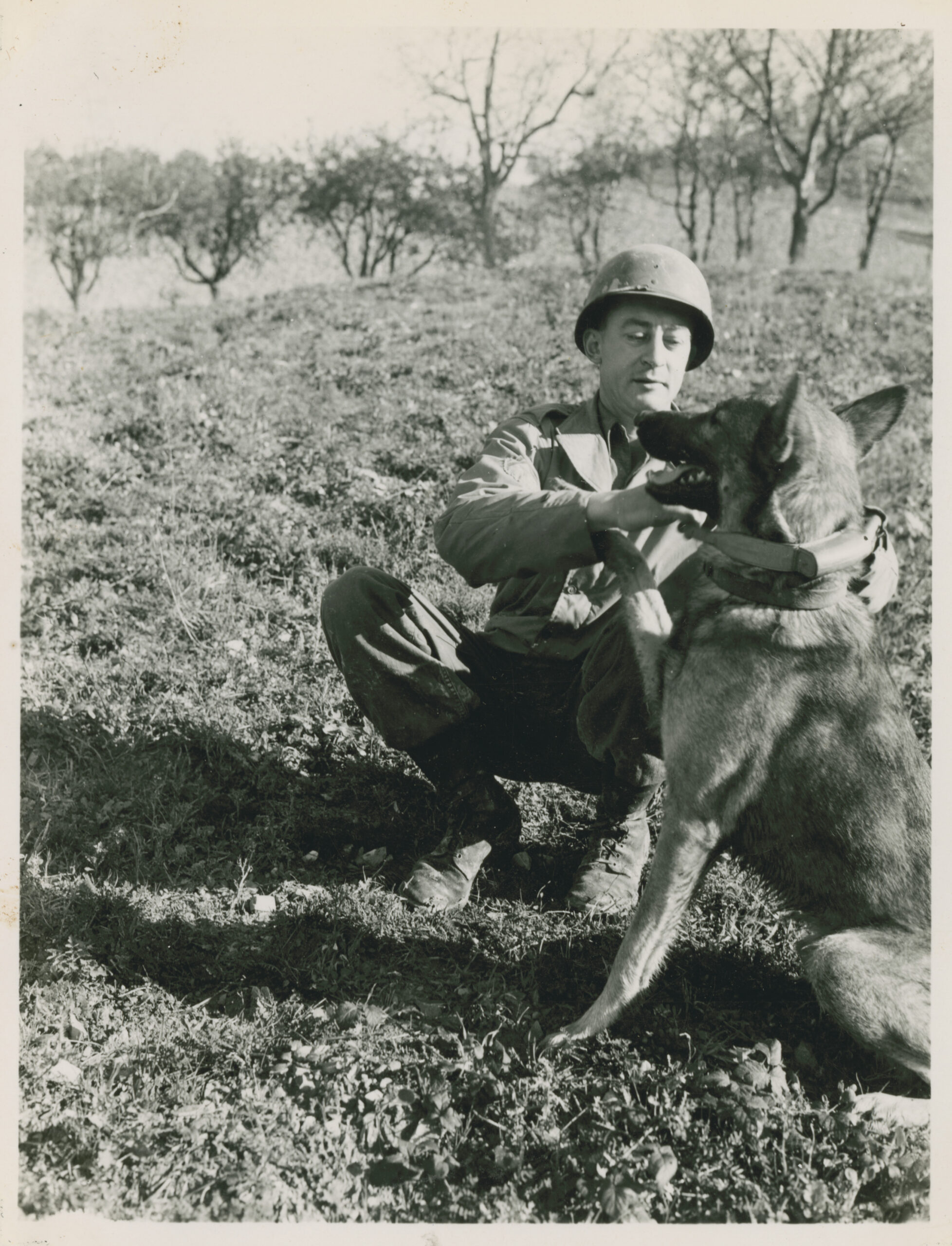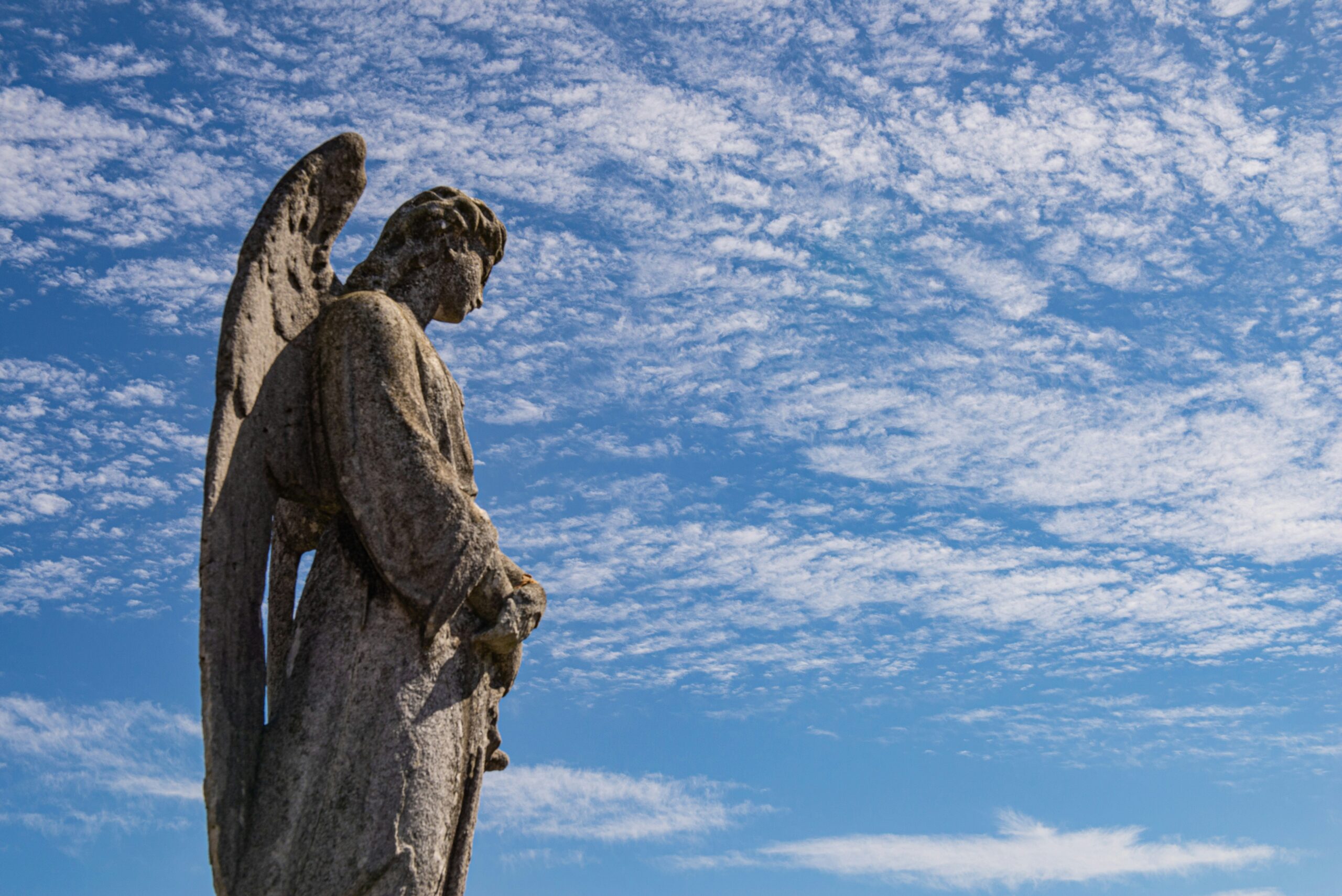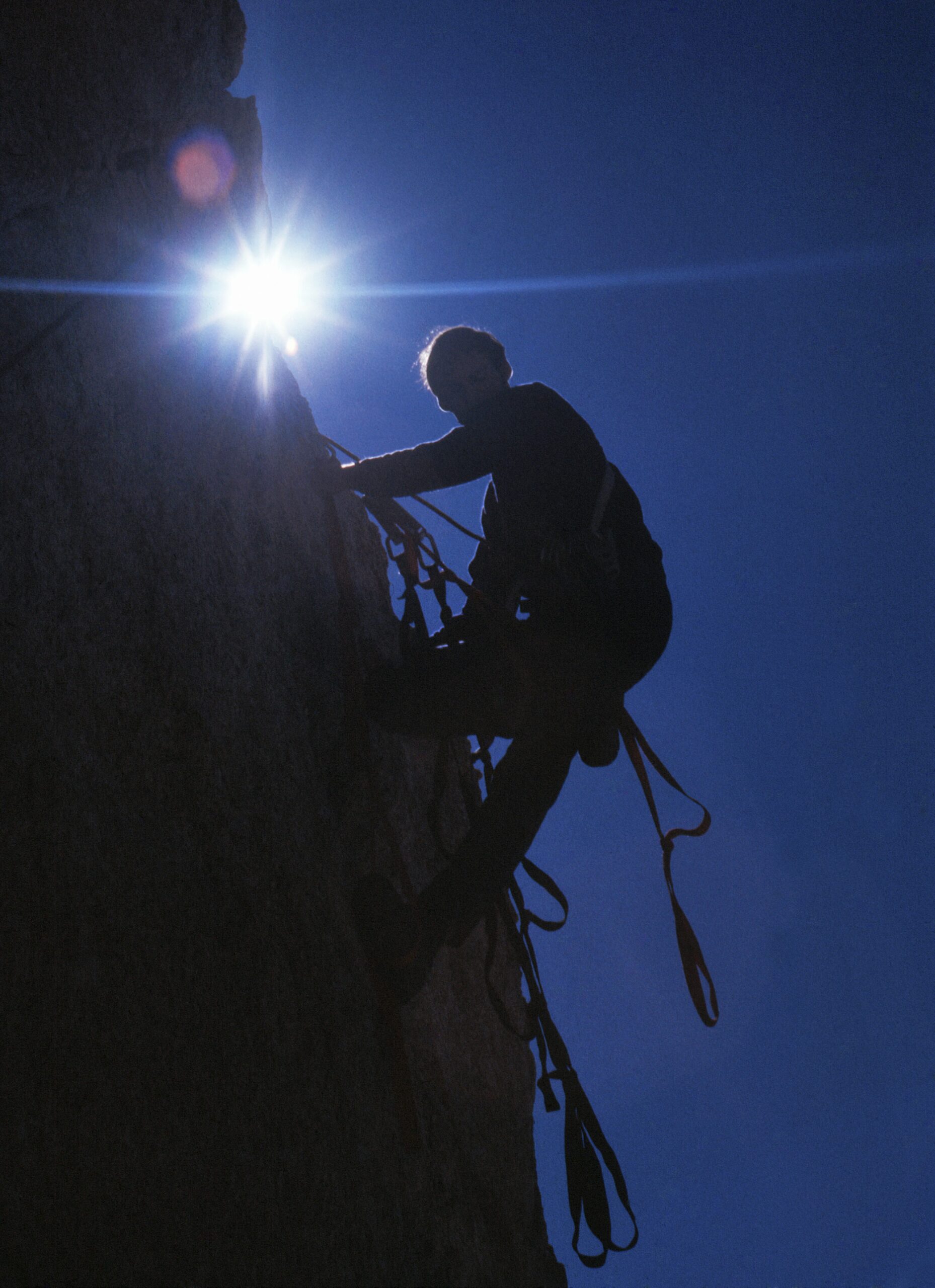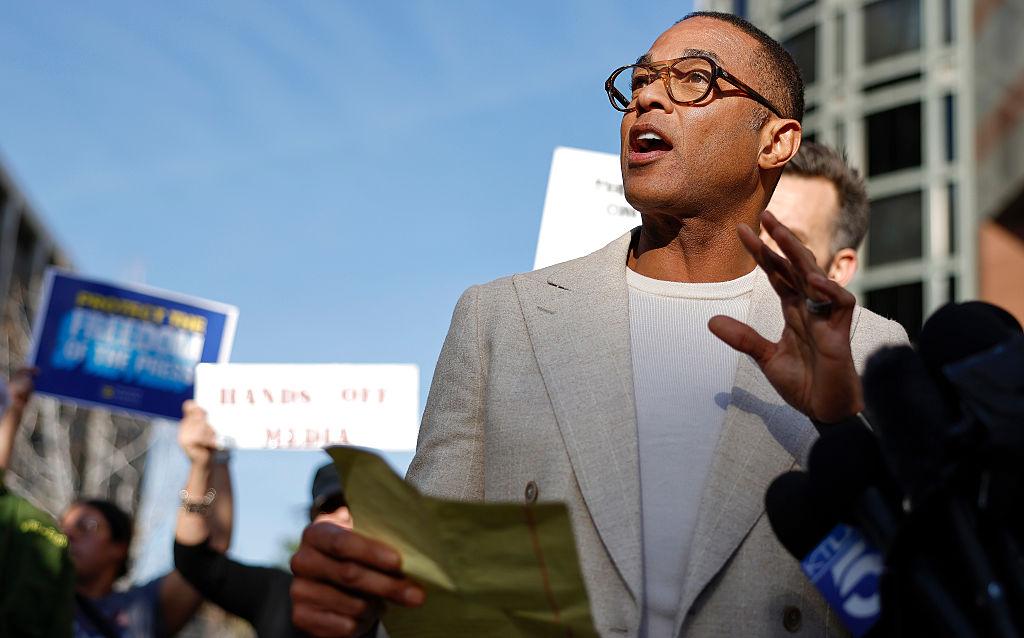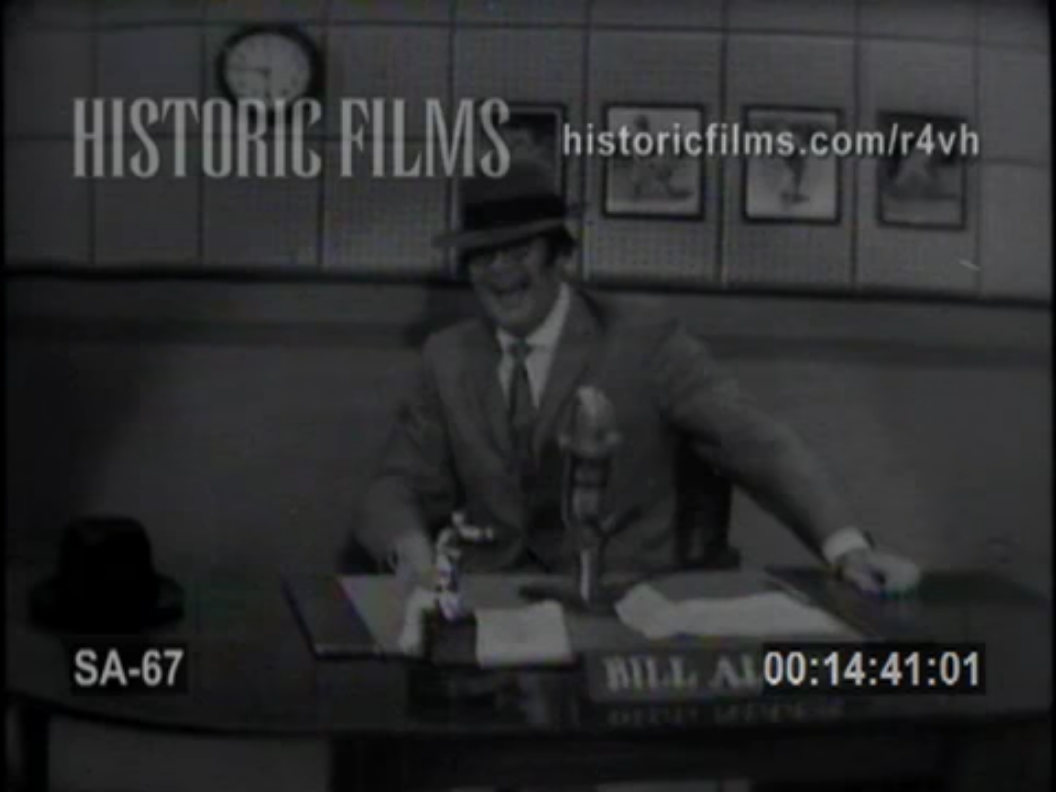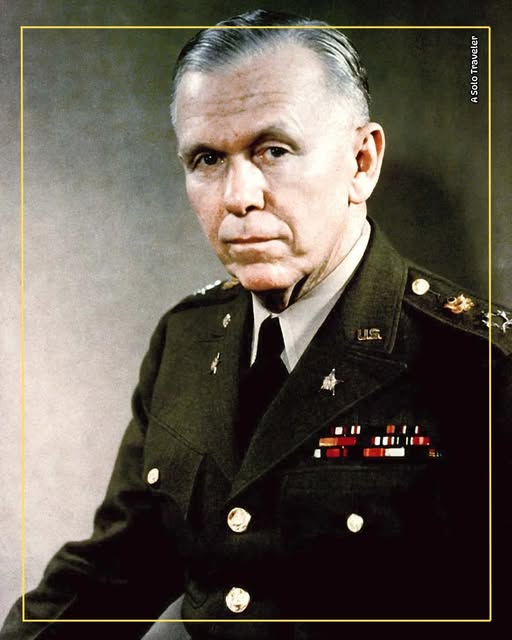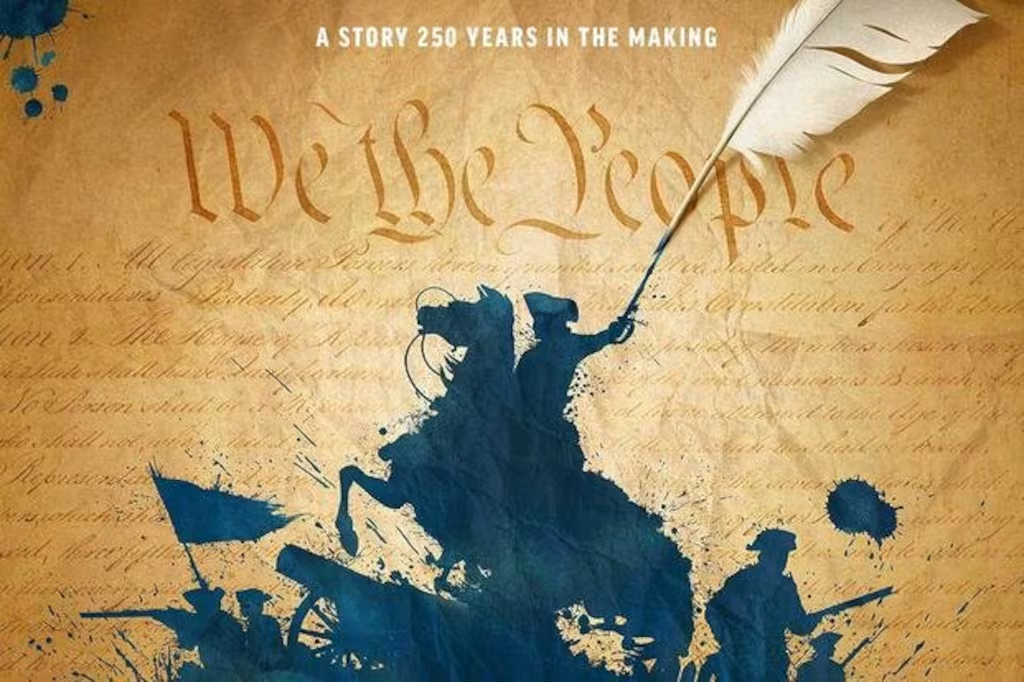Wade Clark Roof is the J.F. Rowny Professor of Religion and Society and Director of The Walter H. Capps Center for the Study of Ethics, Religion, and Public Life at the University of California at Santa Barbara. Author or co-author of 14 books and over 100 articles, Clark’s mission through the Center is “to advance conversation on major public issues, ethics and values in a non-partisan, non-sectarian manner, and hence to contribute to a more informed and engaged citizenry.”

Clark released the results of a new study. Entitled Grace in the Golden State – Progressive Religion in Southern Calfornia, its purpose, Clark says, “is to offer a kind of mapping of Southern California religion on progressive religious efforts – the types of efforts involved and who is doing them. There are so many issues and lots of interest, but the efforts are fragmented. Health issues and economic inequality issues compete with one another. All of this fragmentation does not make for the most effective way to bring about change.”
In the last several years, politicians have taken to using the termprogressive over liberal. While liberal tends to imply a wide range of negative beliefs, (“tax and spend”); progressive has a more amorphous connotation.
The following excerpt talks about this difference in the context of progressive religion.
“By far the people we talked with preferred the label ‘progressive’ to either ‘liberal’ or ‘religious left.’ Labels define positive identities, but also opposing identities as when a spokesperson at the Jewish World Watch told us that ‘progressive is an alternative to liberal, better because it doesn’t sound as threat¬ening.’ An Iranian Jew in Westwood, he said his congregation was progressive but by that he did not necessarily mean liberal-leaning in politics, but rather it ‘was open to and tolerant of new and different ideas, values, priorities, and lifestyles.’ He preferred restricting the term to religion being open and adaptive, avoiding any political conno¬tation. Others voiced this same concern for religious openness, often rather cryptically as ‘thinking outside a box,’ ‘to be inclusive,’ ‘to live under a big umbrella,’ and ‘to listen to new interpretations of scripture and theology.’…
“A Methodist professor in Thousand Oaks spoke of being a part of a ‘living tradition that is not hermetically sealed from social, political, and philosophical traditions,’ her point being that while traditions inevitably take on colors from their cultural and intellectual environments still they evolve theologi¬cally as they relate to the challenges of the times. However the point was expressed, the message was quite clear: to be a religious progressive in southern California is to engage religious tradition, and not to be bound by literalism or old metaphors; and to see religious institutions not as frozen in time but as embodying ‘lived’ traditions.
“In thinking about religious influence evolving, most obvious are the faith-based nongovernmental organizations. These types of organizations have made it easier for like-minded people across faith traditions, within local communities and more broadly throughout the country and world to join together in common causes. Pooling resources and concentrating on particular causes allows them to accomplish than can separate congregations or denominations. Transnational NGOs also extend our visions and connect us with the broader humanity.
“To some people the very idea of connecting globally in a framework of faith and action was itself something progres¬sive. No doubt faith-based NGOs flourish in California in no small part because they mesh so well with the region’s fluid environment, its innovativeness, and long history of global connections. Progressives speak warmly about their involvement in such orga¬nizations, though of course conservative activists can, and do claim much the same. But a few people preferred to describe the movement as ‘liberal,’ and usually as having a political connotation….
“Some pointed, directly or indirectly, to the fact that the agendas of progressives were positioned frequently in response to the conservatives. ‘So then, why not call the movement liberal?’ asked a member of a Hollywood community church. For clergy, often the concern was how best to represent oneself publicly – as ‘progressive’ or as ‘liberal.’ They know that members in their congregations easily conflate the religious and the political, such that a word or phrase used in a religious context might be interpreted politically.
“ ‘Where to draw the line?’ asks an Asian-American pastor and worried about keeping his small congre¬gation afloat in difficult financial times, ‘what does it mean to my people when I say politics ought to be more moral or we should bring politics into our religious thinking?’ Prophetic preaching while at the same time keeping the collection plates full poses a dilemma, and one many clergy understand.
“Tension arises for some when juxtaposing the words ‘progressive’ and ‘religious.’ ‘Religion cannot be contained by any one label,’ a Latina, rather progressive in her views, told us. Plus, ‘progressive’ is a broad descriptor including those who are primarily motivated politically and less so by faith.
“ ‘I’m sick of hearing Christian fundamentalist, Tea Party people with their narrow-minded, right-wing politics,’ a Muslim imam in Los Angeles told us. ‘I want to vote them out of office.’ At one level his is a deep concern about his religious identity and lack of accep¬tance, but primarily he appears to be drawn to particular political causes. He doesn’t relate to some of the issues other religious leaders in the city are concerned about. Yet he was not at all reticent in expressing appreciation for the efforts of other people of faith.
“Somewhat the same reservation about conjoining ‘progressive’ and ‘religious’ was expressed by a moderate-minded evangelical Christian in Orange County. ‘We must build a broad tent,’ he put it, ‘we don’t all have to believe the same thing.’ In both cases, the concern was that to connections between faith and action not be too rigidly defined. Plus, sometimes when discussing social ethics and causes as one person said, ‘I learn more about what I myself believe in my own faith.’ Under the broad tent, so to speak, people often learn from one another, even change their views on occasion.
“Talk about being ‘progressive’ is often mostly about social action, about getting particular voices heard and getting people organized. ‘I take it to mean being theologi-cally open and that someone is action-oriented… to get something done that should be done,’ a Catholic lay person who was not highly involved in his parish commented. Similarly, a Presbyterian woman in Ventura said ‘it means caring about those in need and working towards justice whenever and wherever it is needed as we see today.’
“There were variations in how people looked upon ‘faith versus good deeds’ but no one questioned that there must be some vital connection. Political mobilizing was thought by some to be more urgent now perhaps than in some other times, with a few pointing to the prophetic tradition of the Abrahamic faiths especially with regard to economic inequality….
“A Presbyterian pastor in Los Angeles trained in the Saul Alinsky tradition of community-based organizing offered the following: ‘The new progressive movement I am building is about being able to create space for debate, for negotiations, compromise, and effective public action – faith communities coming out of their shells.’ Not interested in interfaith cooperation as customarily practiced, he wants something that reaches deeper: people building power within an urban commu¬nity through networks linking churches, workers, unions, employers, and other local institutions. ‘All politics,’ he said, ‘requires ongoing efforts, only way to get real and long-lasting change.’
“The need for breaking out of old ways of expressing concern and action, or becoming more socially connected, more skilled at negotiating, and open to finding more effective and realistic solutions to social problems was expressed by others. As one Catholic activist put it, ‘progressive means looking for not a conserva¬tive or liberal way to get things done, but maybe a new way that will benefit more people.’ ”
Clearly, dialogue on this issue will continue, but how religious progressives vote in the current election cycle should be of considerable interest to those running.
Comments
